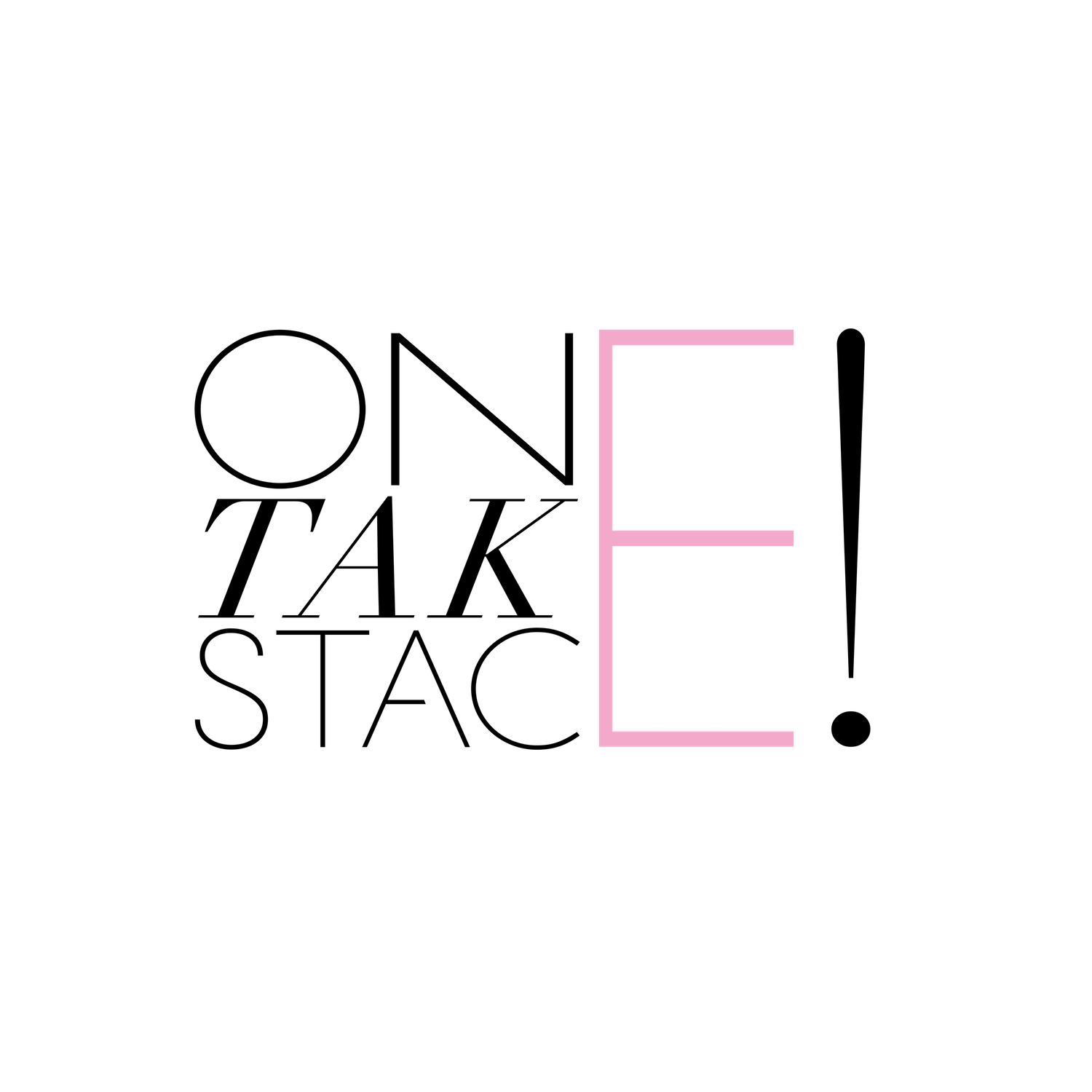"How Are You?" Done Differently
This is hard for me to write about because I sincerely understand how we got here, but I am also ready for us to leave. As I dive deeper into the makeup of our humanity, it is apparent to me that we as a society have a much longer way to go before we crack the code. Let me go back to the beginning. How are you? And before you answer and spew out “fine, good or “you know?” Think about it. Feel your response honestly and completely. It’s rare isn’t it? To ask ourselves how we are and to actually tell someone else. Think about how many times the phrase “how are you?” is exchanged between anyone from a co-worker to a family member. How often do you answer truthfully? How often do you listen fully?
I want to tell you a story about my friend Rob. I was working at LA Fitness at the time and we worked almost every shift together. Every time I saw him he was smiling — annoyingly so. His smile had the power to affect the room and oftentimes it did.
“Good morning everyone! How are you?” said Rob.
100 percent of the time, I would communicate 30 percent of how I was really doing and the other 70 percent I mumbled something that sounded good in the moment. He usually responded with, "great, amazing, that’s good,” and then I would ask the same question in return which led to a similar response. There were a few days that our answers got more elaborate but for the most part, we were polite.
Fast forward to the middle of a global pandemic, where it was beyond apparent that “how are you?” was an understandably impossible question to answer. Rob and I talked a few times at the start of the world shutdown. He was always checking on me, making sure I was staying encouraged and offering himself as a resource in case I needed anything. I loved Rob’s energy. His positive phone voice was comforting and steady so when I would ask him how he was doing, I often expected him to be fine.
On May 11th, I got a text from a coworker that revealed to me how he was really doing.
“Hey Stace, everyone had a different relationship with him, just wanted to check in,” said coworker friend.
“What are you talking about?” I asked.
5 seconds later she called me and on the other line I hear, "Rob has passed away.”
My brain stopped.
What happened? I asked in a broken voice.
“He died of an overdose,” my coworker responds.
This time, my heart stopped and my brain sped up. My brain replayed every ”how are you?” moment and laugh we shared. I was undone.
I have now sat with this for a few months. I often look back and replay our conversations and where I may have misinterpreted Rob’s calm “I’m fine,” responses.
Rob and I knew each other for two months and based on our 20 hour a week work relationship, it wouldn’t be effective for me to sit in guilt of his passing but what I do deeply recognize is a break in human communication and connection that must be rebuilt.
When you ask someone how you are, do you listen for the answer? When someone asks you how you are, do you feel it's a waste of time to tell the truth? Why?
According to Psychology Today, we don’t bother answering the question truthfully because:
It would alter others’ perceptions of us
It may elicit pity or indifference from others
We may experience emotional pain when we recount our condition
The inquirer may be too busy or too self-absorbed to genuinely want a meaningful response, and so disclosing the information may belittle its importance
We are afraid to be helped
I believe all of the above are valid, but I also believe never facing these fears will foster a false sense of safety and community. What’s unfortunate is we are groomed in a society that praises individualism but simultaneously expects everyone to be engulfed in a meaningful community. Because of this, not only do we not know how to communicate the help we need, we do not trust ourselves enough to offer help to others. Despite the conditioned norm, humans are meant to feed into each other, serve one another and ultimately love each other deeply. I am not saying to go around asking people how are you? to prove you can connect, or even putting your pain on to someone who truly hasn’t earned your truth but I am saying we have to be more willing to hold space for ourselves and others to be human — in all its’ grit and in all its’ glory.
When I think of Rob, I am grateful to have extremely fond memories of laughter, witty banter and mutual respect. I honor his humanity, his how are you’s and his overall journey on this earth. Even though we knew each other for a short period of time, his existence left a mark in my world and will forever serve as a push to ask more questions, answer more questions and love deeper through empathy, truth and a listening ear.
You will be missed Rob xx

